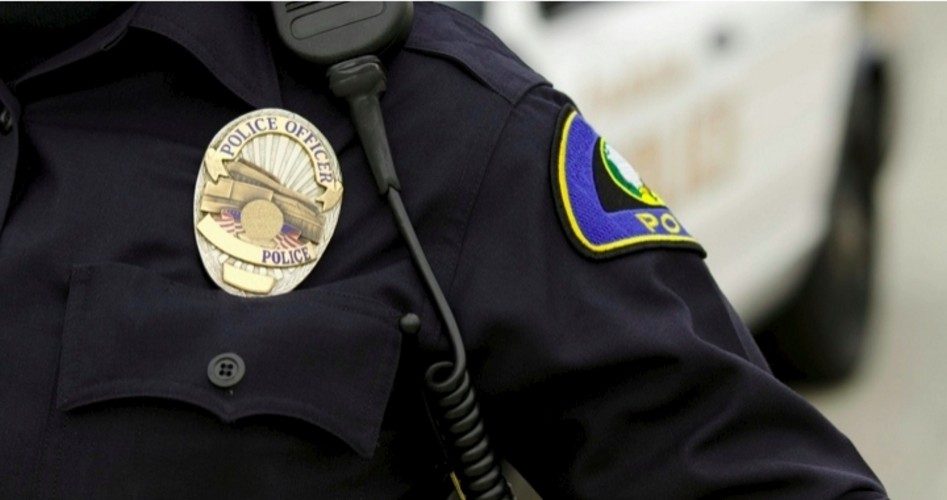
Following the violent unrest and anti-police activism that began in response to the killing of George Floyd — a black man who died at the hands of a white Minneapolis police officer with whom he had a history of confrontation — morale in the Minneapolis police department has plummeted and police officers are leaving in large numbers.
After the unfortunate death of Floyd, rioting broke out across Minneapolis, targeting businesses without regard to race, color, or creed of the owners. A black firefighter’s savings literally went up in smoke as looters destroyed the Minneapolis sports bar he was preparing to open and burned down the building during the last week of May.
Amid all of this turmoil there have been demands to defund — or even disband — the police. The New American reported on June 13: “On [June 12], the Minneapolis City Council caved to pressure from Black Lives Matter and extremist Democrats and voted unanimously to approve a pledge to dismantle the city’s police department and replace it with a yet-to-be-defined “community-led public safety system.”
A report about this exodus from the MPD in the New York Times on July 21 quoted Rich Walker Sr., who is a 16-year veteran of the Minneapolis police department and also a police union official. “It’s almost like a nuclear bomb hit the city, and the people who didn’t perish are standing around,” Walker said. “I’m still surprised that we’ve got cops showing up to work, to be honest.”
The Times report also cited a lawyer representing the officers, Ronald F. Meuser, Jr., who said nearly 200 officers (out of a force of 850) have applied to leave the Minneapolis Police Department because of what they describe as post-traumatic stress.
Police Chief Medaria Arradondo told the City Council during a meeting last week that about 65 officers have left the department this year, which is already more than the typical attrition rate of 45 during an entire year.
Following the death of George Floyd, Arradondo fired all four of the officers involved and stated that his position was that all of them were at fault. However, that did little to pacify those who protested the bad actions of a few officers and reacted violently. On June 10, Arradondo announced both the cancellation of future contract negotiations with the police union and plans to bring in outside experts to examine how the contract with the Police Officers Federation can be restructured to create a warning system which will provide transparency about “troubled” officers and “flexibility for true reform.” On June 16, he dismissed the significance of recent reports of 19 departures from the Minneapolis Police Department within a year, but that was before the number climbed to 65.
During a 60 Minutes interview with Lesley Stahl, which aired on June 21, Arradondo (who is black, himself) said that there was distrust of law enforcement in Minneapolis’ black community and that “we need good policing. We know it’s broken. We need to make changes.”
Image: Thinkstock
Warren Mass has served The New American since its launch in 1985 in several capacities, including marketing, editing, and writing. Since retiring from the staff several years ago, he has been a regular contributor to the magazine. Warren writes from Texas and can be reached at [email protected].
Related articles:
Minneapolis Neighborhood Vowed Not to Call Police. Now It’s Overrun by Homeless.
Can the Minneapolis City Council REALLY Disband the Police?
Minneapolis “Abolish Police” Movement Gains Veto-proof Majority
Minneapolis Burning: Rioter Yells “Shoot the White Folk!”
Minneapolis Vows to “Dismantle” Police, Replace With Social Workers



